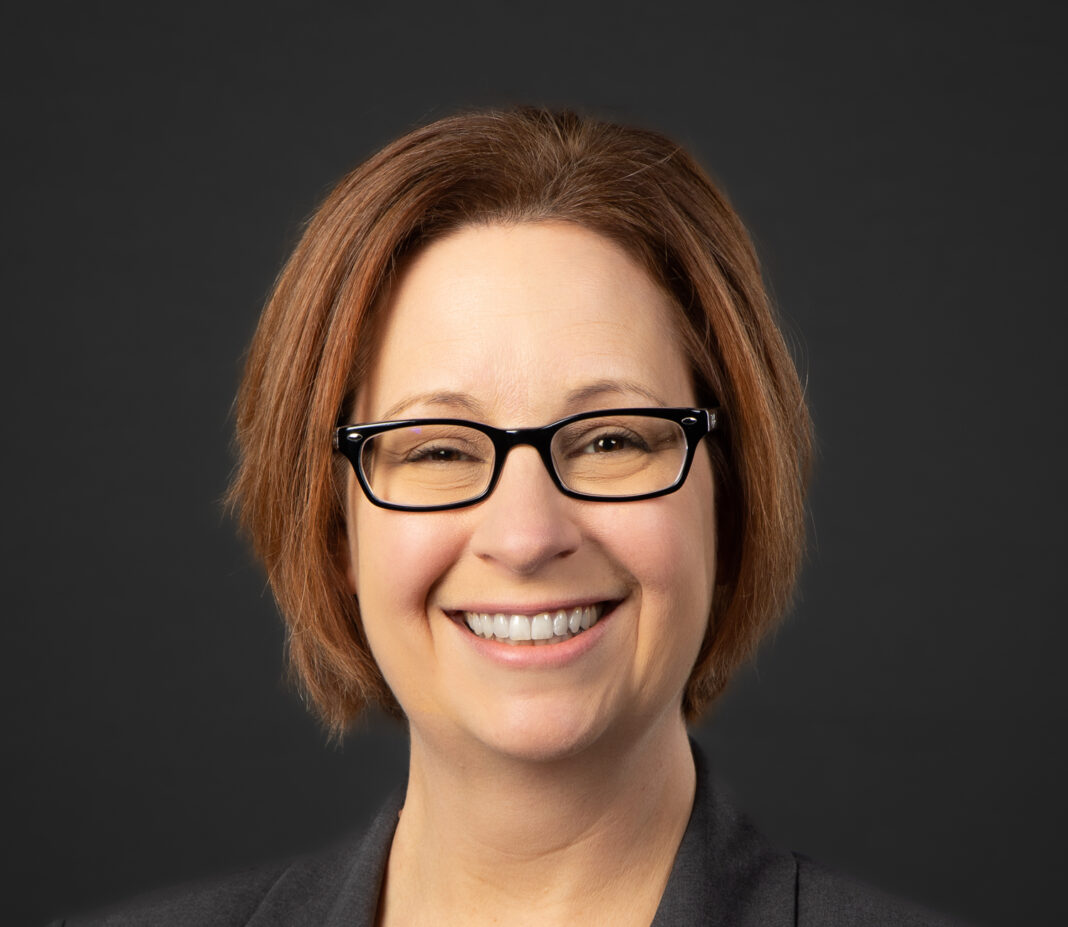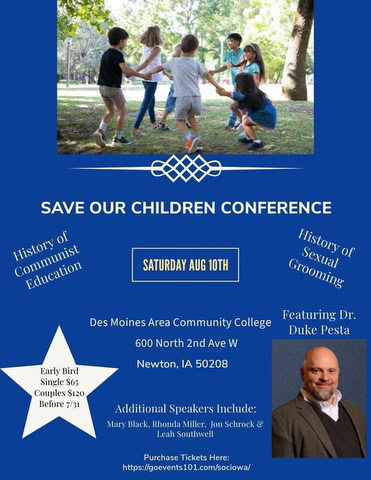There are so many bills I could be talking about in this newsletter now that we are past the first funnel, but I want to take a minute to highlight two of them because they are issues I am passionate about.
The first is HF 2583 (formerly HSB 643), a bill to extend postpartum coverage for new moms on Medicaid. You’ve probably heard me talk about this a lot over the last year because it’s been a priority for Iowa House Democrats and healthcare providers who see first-hand that most of the physical and mental health challenges new moms face occur well into the first year postpartum. Current law includes coverage for prenatal care and two months postpartum. This year, the Governor seemed to agree and announced that she would introduce a bill to extend coverage to 12 months. Everyone was thrilled as a large coalition of organizations had come together to advocate for expansion since the last legislative session. Unfortunately, the actual bill was not what any of us expected. Instead of simply extending coverage for moms, the bill further restricted the income eligibility of moms who currently qualify for prenatal care and two months postpartum. Currently, new moms up to 375% of the Federal Poverty Level (FPL) are eligible; this bill will lower that income threshold to 215% FPL, one of the lowest in our region. The Governor and Republican legislators are arguing that this bill needs to be budget-neutral, meaning no additional money will be spent. But this bill will kick about 1200 new moms off Medicaid each month at the same time as it extends coverage for others.
I must admit that the legislation in this form has been a real dilemma for me. I voted YES in committee because I wanted to make sure we don’t lose momentum for extending postpartum coverage. But at the same time, it’s deeply concerning to me that we would prioritize being budget neutral when Iowa has billions of dollars in surplus. And when extending coverage is widely considered to be the single most effective thing we can do to support new moms and babies, why would we choose not to be a shining light in the Midwest for as many moms as possible? It’s my hope that we can convince the majority party to amend the bill on the floor to raise the eligibility to at least 250% FPL. It wouldn’t be what I know Iowa is capable of doing, but it would certainly be better than where the bill stands today.
The second is HF 2544 (formerly HF 2330), a bill related to social studies curriculum. I was assigned to the subcommittee for the bill, and I am strongly opposed to it for several reasons. I think you all know that I am passionate about social studies, civic engagement, and increasing opportunities for students to actively engage in our government to build both knowledge and critical thinking. Unfortunately, this bill does none of those things. The bill includes a very long list of prescribed curricula that schools must teach. When I asked the floor manager of the bill (who is also a cosponsor) where the list came from, she cited the Civics Alliance and the National Association of Scholars. After review, I learned that these are far-right national organizations working to promote a very biased view of social studies education and push back against student civic engagement. Nothing in this bill is coming from Iowans – it’s a national agenda.
My biggest concern comes down to the fact that it is not the job of the Legislature to determine curriculum. We establish standards and then experts in their fields, in partnership with the State Board of Education, determine age-appropriate curriculum to meet those standards. Then local school districts decide what curriculum they want to use based on what has been approved. We already have a process in Iowa for periodic reviews of curriculum, including social studies. If this bill were to become law, school districts would potentially need to spend hundreds of thousands of dollars to do be compliant even if they just paid to update their social studies curriculum within the last couple years. And I’ve heard from so many teachers that it would be impossible to add everything on this list into their lesson plans when they barely have enough time to cover social studies as it is. At some point, meeting these requirements would likely lead to a focus on rote memorization of some facts, without allowing enough time in class for critical thinking on those aspects of our history.
Another concern is that the list is not age-appropriate. For example, 5th graders would be required to read “Common Sense” by Thomas Paine. I don’t know about you, but in my opinion, this is lofty reading for an adult, never mind for a kid. And finally, the bill focuses almost exclusively on American history and Western civilization and is silent on world civilization. American history was absolutely my favorite subject in school, and it matters, but we also need to make sure our students understand how we are a part of a shared global history.
If you are interested, here is a good article to learn more about the bill.


















Matson’s last paragraph reveals her flawed ideology. She asserts Common Sense by Thomas Paine is not age appropriate for a ten-year-old but defends DEI in elementary education and cries book banning if restrictions are placed on books like Gender Queer in the public library. Child porn and promoting gender identity pronouns is age appropriate using Matson’s worldview. Then there’s the reason. She’s a globalist supporting globalism. Give up our American identity for a global identity. Give up our biblical identity for gender identity.
Social Studies needs to be replaced with History which is replete with critical thinkers who serve as catalysts for critical thinking. US history and World history should be different classes for self evident reasons. Teachers ought not to be shaping young minds rather leading them to those in history who left outcomes to be considered.